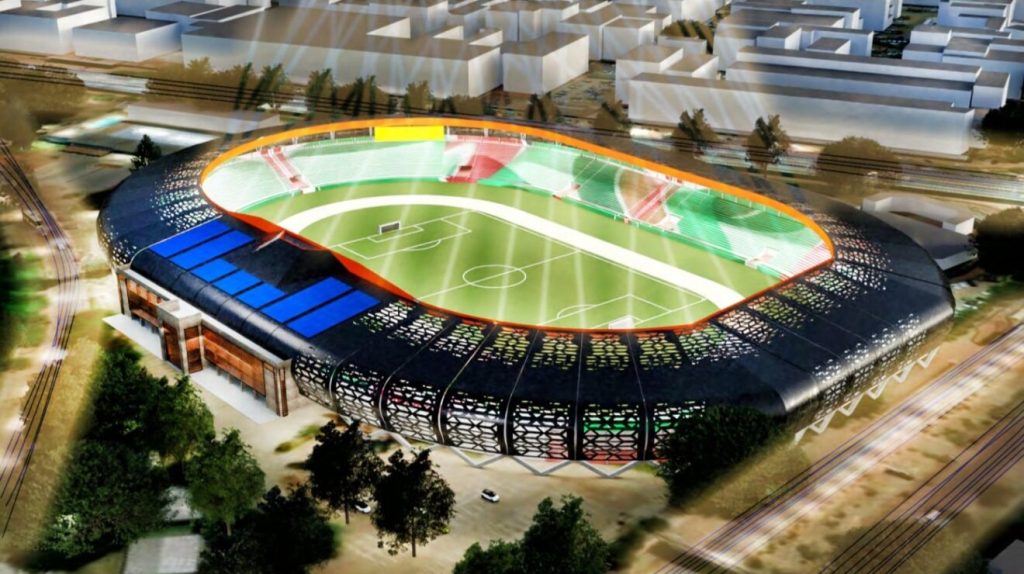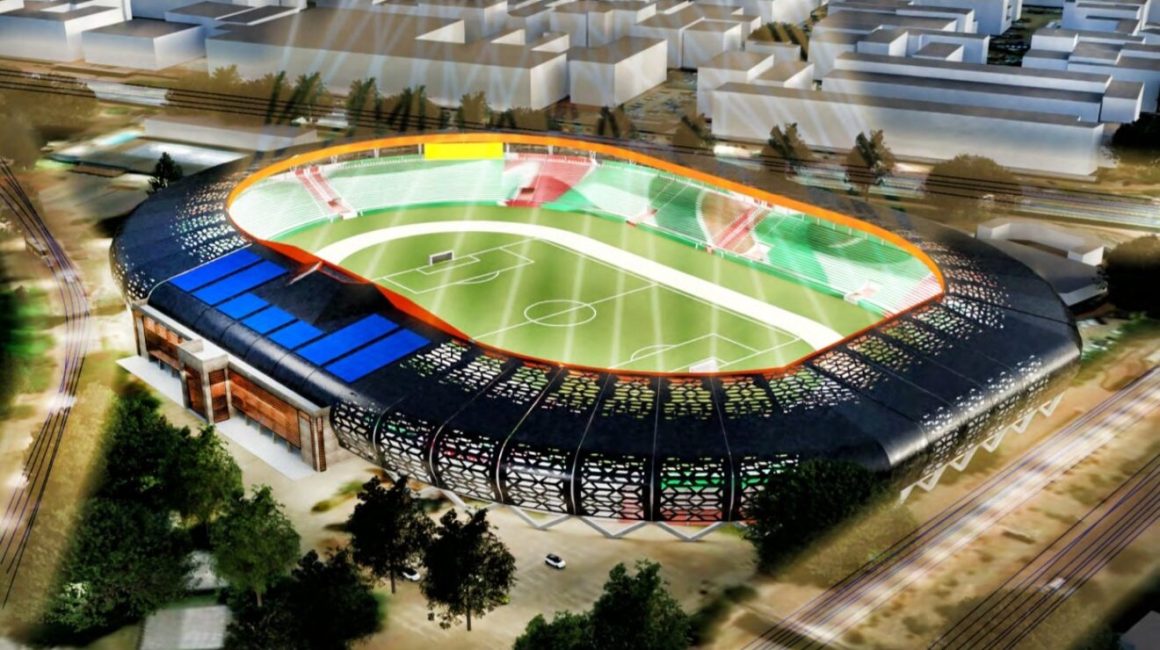Hosting a major continental football tournament like the Africa Cup of Nations (AFCON) or the African Nations Championship (CHAN) is a monumental task that requires extensive preparation, investment, and collaboration. Kenya, Uganda, and Tanzania, the co-hosts of CHAN 2025 and AFCON 2027, provide a perfect case study on the key requirements for successfully organizing such an event.
From infrastructure to security, here’s what a country needs to host a continental football tournament.
1. Modern Stadiums and Training Facilities
Kenya, Uganda, and Tanzania are racing to deliver world-class stadiums that will set the stage for an unforgettable AFCON 2027. These cutting-edge venues will not only meet CAF’s elite standards but also ignite the passion of millions of fans.
Kenya is transforming its football landscape—revamping the iconic Moi International Sports Centre (Kasarani) and Nyayo Stadium, while rising Talanta Sports City from the ground up.
Uganda is powering ahead, upgrading Namboole Stadium into a modern fortress and breaking new ground with the state-of-the-art Akii-Bua Stadium.
Meanwhile, Tanzania is expanding the mighty Benjamin Mkapa Stadium and elevating Amani Stadium to international glory.
Beyond the stadiums, teams will train on pristine pitches, recover in high-tech medical centers, and prepare in world-class facilities—ensuring AFCON 2027 delivers electrifying football at every level!

2. Efficient Transport and Connectivity
Smooth transportation keeps teams, officials, and fans moving seamlessly between cities! The three nations are making exciting progress by:
- Expanding Road Networks: Upgrading key highways, like the Nairobi-Kampala-Dar es Salaam routes, to ensure faster and safer travel.
- Enhancing Air Travel: Modernizing major airports—Jomo Kenyatta (Kenya), Entebbe (Uganda), and Julius Nyerere (Tanzania)—to welcome more flights and improve passenger experience.
- Boosting Public Transport: Launching dedicated shuttle services on matchdays to cut congestion and make travel hassle-free for everyone.
3. Security and Safety Measures
High-profile tournaments require tight security to protect players, fans, and officials. Kenya, Uganda, and Tanzania are:
- Deploying specialized police units at stadiums and fan zones.
- Implementing CCTV surveillance and anti-terrorism measures.
- Coordinating with international security agencies for intelligence sharing.
4. Accommodation and Hospitality
Thousands of fans, journalists, and officials need quality lodging. The three countries are:
- Expanding hotel capacity, especially near stadiums.
- Partnering with international hotel chains for premium accommodations.
- Ensuring affordable options for local and traveling supporters.
5. Volunteers and Workforce
A successful tournament relies on thousands of volunteers for logistics, hospitality, and fan engagement. Kenya, Uganda, and Tanzania are:
- Recruiting and training multilingual volunteers (English, French, Swahili).
- Partnering with universities and youth organizations for manpower.
6. Media and Broadcasting Partnerships
Global viewership demands state-of-the-art media facilities. The hosts are:
- Building modern press centers with high-speed internet.
- Partnering with broadcasters like Supersport, CAF Media, and local networks for seamless coverage.
- Ensuring VAR technology and live-streaming capabilities in all stadiums.
Hosting a tournament like CHAN 2025 or AFCON 2027 is a massive undertaking, but Kenya, Uganda, and Tanzania are setting a strong example. By investing in infrastructure, transport, security, hospitality, volunteers, and media, they are proving that collaboration and preparation are key to delivering a world-class football spectacle. Other African nations can learn from their approach to successfully host future tournaments.


Leave a Reply